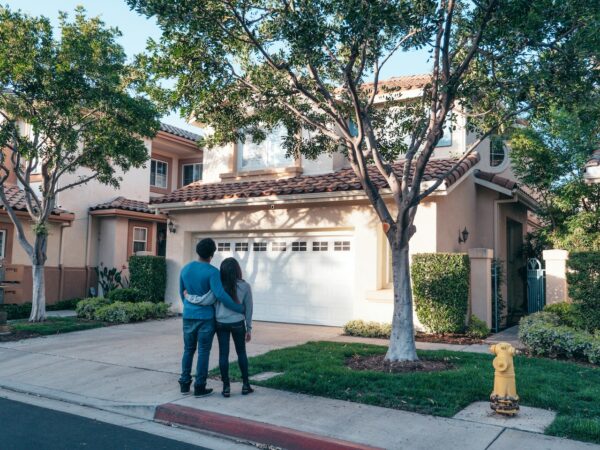Soaring interest rates have created a chilling effect in the housing market as mortgage applications from prospective homebuyers decline amid high borrowing costs and inflated home prices.
After nearly two years of historically low mortgage rates that elevated bidding wars across the country, an overheated housing market has finally cooled down. The average rate on 30-year mortgages rose to 6.92 percent this week from 6.85 percent the previous week, according to Bankrate’s national survey of large lenders.

The Federal Reserve’s tightening of monetary policy that began in August to curb stubborn inflation drove up the costs of consumer staples from gasoline to food. Rising rates have led housing economists to predict a probable decline in home prices. Though not to the extent during the Great Recession, Rob Dietz, chief economist at the National Association of Home Builders, told Bankrate.com that an impending recession will likely lead to a slowdown in the housing market as higher rates will make it harder to qualify for a loan, on top of delinquencies that may tick up if the country starts to see an upward trend in unemployment
“We’re thinking this is going to be a moderate downturn,” he said.
Are we in a housing bubble?
Mortgage demand hit its lowest level since 1997, according to the Mortgage Bankers Association. With a low supply of housing inventory and homebuilder confidence falling for the 10th consecutive month in October to its lowest level since 2012, signs of a real estate bubble are flashing red in the housing sector. Sinking demand for mortgages, along with the number of homeowners who choose not to refinance, suggests the former booming housing market is quickly fading.
Wells Fargo economists Charlie Dougherty told Forbes that he projects median new home prices to fall nearly 7 percent next year with “disproportionate” losses in some markets in the U.S. that saw a surge in home sales during the pandemic.
While annual inflation slowed in September, it remained higher than what economists expected, at 8.2 percent, which was near a 40-year record high. It’s still a grim sign for the broader economy that has kept the Fed from pumping the brakes on raising rates in order to quell inflation. The Fed raised the federal funds rate by 75 basis points to the 3 percent to3.25 percent range during its September meeting, the third straight three-quarter point increase, pushing borrowing costs to the highest since 2008 and making the housing market toil even more.
“There was a big imbalance between supply and demand, and housing prices were going up at an unsustainably fast level,” said Federal Reserve chair, Jerome Powell at a press conference last month. “So the deceleration in housing prices that we’re seeing should help bring prices more closely in line with rents and other housing market fundamentals — and that’s a good thing.”




